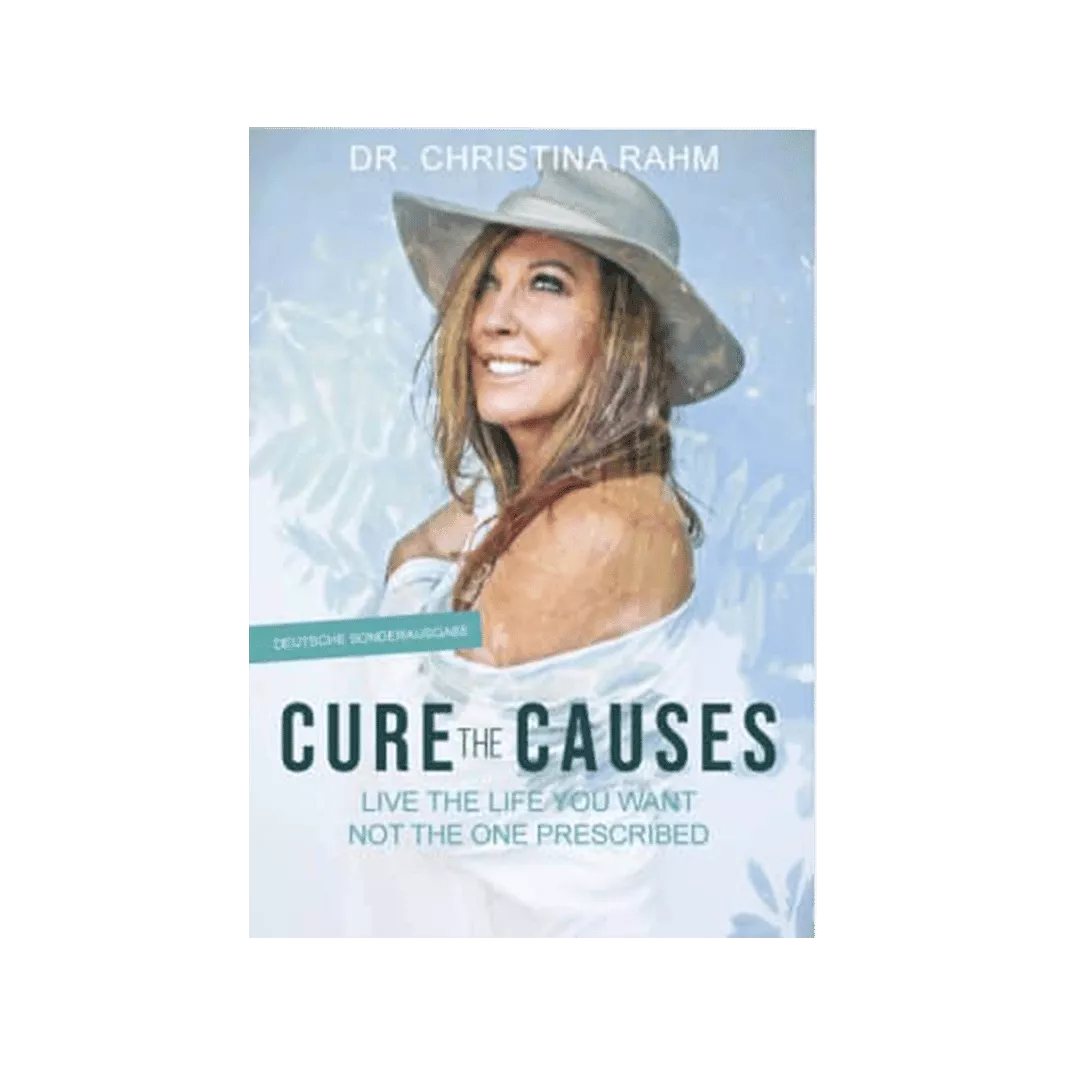
Underestimated hero: How the gut influences our entire organism
A wide range of chronic diseases are linked to an imbalance in the intestinal microbiome (intestinal flora). This gut microbiome includes bacteria, fungi and other microorganisms in the gut. They are much more numerous than our body cells; they interact with and support the human body.
Probiotics (foods with viable microorganisms such as yogurt) can help maintain a balanced gut microbiome and healthy gut function. However, there are foods that can destroy these probiotics in the gut.
Foods that affect gut health
Such foods include:
Highly processed foods
Ultra-processed products usually contain high amounts of saturated and trans fats, added sugars, salt, additives, preservatives, colorings and so on. These ingredients can have a negative impact on the microbiota of the gastrointestinal tract. In addition, ultra-processed foods do not provide the necessary nutrients - such as fiber - for our gut probiotics.
A review of studies published in the journal Food Research International in 2023 suggests that ultra-processed foods directly alter the composition of the gut microbiome and microbial metabolites. This can cause inflammation and metabolic diseases.
The harmful components in these products also affect the nervous system and can affect brain health via the microbiota-gut-brain axis (communication system between gut flora and brain). This could potentially have an impact on cognitive performance and behavior, according to a study.
A 2019 article published in Nutrients also states that high consumption of ultra-processed foods alters the gut microbiome and causes inflammation. This can even lead to changes in the genetic traits that are passed on to offspring.
Sugar and artificial sweeteners
Excessive consumption of sugary snacks can cause blood sugar levels to rise rapidly and affect the balance of microorganisms in the gastrointestinal tract. Too much sugar promotes the growth of harmful bacteria and inhibits the growth of beneficial bacteria. This leads to a relative decrease in the number of these beneficial bacteria. This imbalance in the gut microbiome can lead to many health problems such as chronic intestinal inflammation, metabolic diseases, high blood pressure, high blood sugar and blood cholesterol levels.
A study published in the scientific journal "Cell" in 2022 showed that the gut microbiome protects against the development of obesity and metabolic diseases, which are often caused by an unhealthy diet. This shows that the gut microbiome plays a crucial role in how our body reacts to certain foods and influences our health.
Furthermore, a diet high in sugar and fat reduces the number of microbes that promote the formation of Th17 cells. These are special immune cells that play a role in the body's immune response and are involved in the inflammatory response. This in turn can increase the risk of metabolic diseases.
In addition, the human body cannot process or absorb artificial sweeteners such as aspartame and sucralose. This means that they remain in the gut for longer, which has a negative impact on the diversity of the gut microbiome.
Foods high in fat
Both saturated and unsaturated fats are essential nutrients. Trans fats, on the other hand, are harmful to the human body.
Our intestines have a mucosal barrier that can absorb beneficial substances and prevent harmful substances from entering the body. If this barrier is damaged, harmful bacteria, toxins and allergens enter the body via the intestines. This is also known as "leaky gut syndrome" and can lead to many health problems.
Many processed and fried foods contain trans fatty acids, which affect the balance of the gut microbiome, causing inflammation and disrupting the function of the gut lining.
A similar problem exists with excessive consumption of saturated fatty acids. It is therefore important to monitor the consumption of saturated fats and avoid trans fats in the daily diet. However, unsaturated fatty acids have anti-inflammatory and antioxidant effects that help maintain gut health. These healthy fats are found in wild fish, olives, avocados and nuts.
Alcohol
Alcohol not only affects the brain and liver, but also significantly affects the function of the gastrointestinal tract. The biggest problem is that alcohol destroys the intestinal mucosal barrier, impairing intestinal function and leading to a variety of diseases.
According to a comprehensive study published in Frontiers in Microbiology in 2022, alcohol can alter the composition of the gut microbiome. This leads to a decrease in beneficial bacteria and an increase in harmful bacteria. The result is disruption of the intestinal flora and an increased risk of gastrointestinal diseases, immune disorders and metabolic diseases.
Protecting the intestinal tract: diet as the key to health
In Traditional Chinese Medicine (TCM), the digestive tract is considered the fundamental element for the growth and health of the human body. When problems with the spleen and stomach occur, they can not only jeopardize health, but also make the work of doctors more difficult. This is because the most practical way to maintain gastrointestinal function is to cultivate healthy eating habits.
"You are what you eat" is the well-known motto. This is because diet has a significant influence on the thriving of intestinal microorganisms, which in turn influence our health.
TCM recommends including high-fiber foods such as fruit, vegetables, wholegrain products and pulses in your daily diet. Fiber is the energy supplier for the probiotics in the digestive tract and promotes their growth. This has an extremely positive effect on intestinal health.
In addition to fiber-rich foods, variety in the diet is also crucial. Different foods provide different nutrients and thus create the optimal environment for a variety of bacterial species in the gut.
According to a study published in the journal "Molecular Metabolism", a diet that excludes either animal or plant-based foods lowers the biodiversity of the gut microbiome. This underlines the importance of a varied diet. "[The] more diverse the diet, the more diverse the microbiome and the more resilient it is to disruption," the study states.
By consuming a wide range of foods such as fruits, vegetables, whole grains, proteins, nuts and seeds, we can provide our gut microorganisms with a rich source of nutrients and thus promote the diversity and balance of gut bacteria. This is crucial for the health of the gut and the body as a whole.
Source / About the author
Dr. Jingduan Yang is a neurologist, psychiatrist and expert in acupuncture, Chinese and integrative medicine. He founded the Yang Institute for Integrative Medicinethe Tao Clinic for Acupuncture and the American Institute of Clinical Acupuncture. He is also the director of the Northern Medical Center in Middletown, New York.
This article does not replace medical advice. If you have any health questions, please consult your doctor or pharmacist.
First published on theepochtimes.com under the title "Guarding Your Gut: Foods That Harm It and Ways to Protect the Intestinal Tract" (German adaptation kr)
https://www.epochtimes.de/gesundheit/unterschaetzter-held-wie-der-darm-unseren-gesamten-organismus-beeinflusst-a4446282.html?utm_source=nl-top5-subs&src_src=nl-top5-subs&utm_campaign=nl-top5_2023-12-28&src_cmp=nl-top5_2023-12-28&utm_medium=email&est=6evC%2BABXR%2B9%2F9UuCd6u1B7miuYXvmqUNIQp1ndVxfOIK%2BX018xqA0ZYdqilrdmcGWA%3D%3D

















